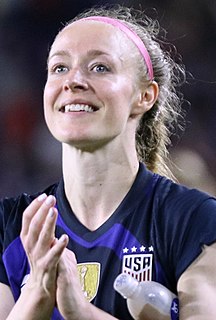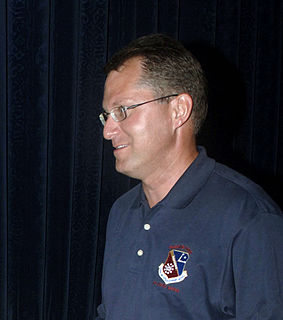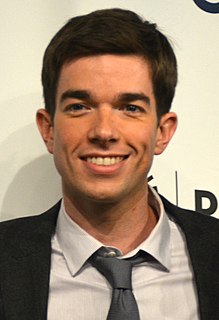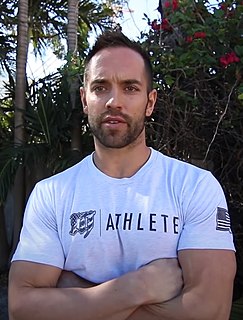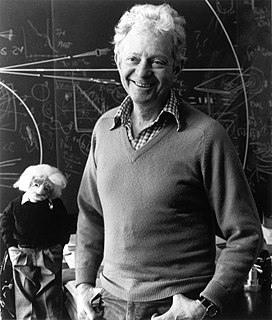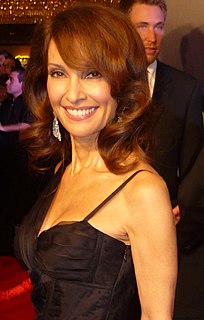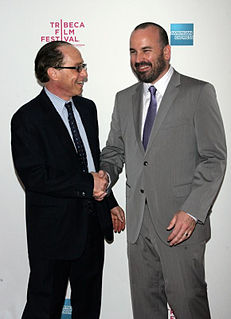A Quote by Becky Sauerbrunn
I know that I'm not the fastest or the strongest or the best in the air, so from a very early age, I had to be positionally sound, or I was going to get beat. So you just kind of learn as you grow.
Related Quotes
My very first records, I was very interested in how you get the particular quality you want out of it, and I began to learn about the engineering and aspects of production and things very early on. I got hands-on with the process and taught myself how to engineer, as opposed to just being a producer who asked the engineer to make it sound nice.
When you're a producer on top of that, just havin' a beat that's hot is not enough. Now you know your sound, 'cause you've been workin' on your sound for so long, and now you're extra picky. You might do a beat that's ill, that the average rapper would pay big money to get on, but you don't wanna do it because you're like, "Ehhh... it's not what I'm looking for, it's not what I'm goin' for." So you're extra picky.
I'd been taught from an early age that I was in the other category on the standardized tests. You know, I had to go down the checklist - Caucasian, African-American, Latino, Asian-Pacific Islander, and then, you know, at the bottom is other. So, you know, very early on I was taught, in a way, that I was somehow this anomaly.
I'd been taught from an early age that I was in the 'other' category on the standardized tests. You know, I had to go down the checklist - Caucasian, African-American, Latino, Asian-Pacific Islander, and then, you know, at the bottom is other. So, you know, very early on I was taught, in a way, that I was somehow this anomaly.
